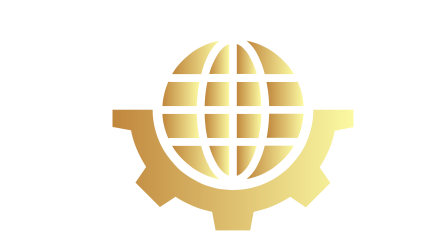Blockchain Technology and Social Change: Empowering Women’s Rights Worldwide
Nadiia Alekseieva, Lawyer, Member of SFTL
https://www.linkedin.com/in/nadiia-alekseieva-81b64211b/
The rise of Bitcoin as a cryptocurrency has brought with it a groundbreaking technology called blockchain. While often associated with cryptocurrencies, blockchain technology has garnered attention for its potential to drive social change, particularly in the realm of women’s rights. Through its attributes of transparency, decentralisation, and security, blockchain offers opportunities to support women worldwide in their pursuit of equality and self-determination.
Central to this issue is the challenge faced by many women in proving their identity for access to education, financial services, and participation in the workforce. Although these obstacles exist globally, they are particularly pronounced in certain countries, regions, and situations. Here are some examples:
1. Developing countries: Women in many developing countries face these challenges due to social and cultural norms, poverty, conflicts, and inadequate infrastructure. This includes countries in Africa, Southeast Asia, Latin America, and other parts of the world.
2. Conservative societies: In countries with conservative societal structures, women may confront strong gender-specific discrimination. This can limit their access to education and employment opportunities, impeding the development of an independent identity. Examples include some countries in the Middle East and parts of Asia.
3. Refugees and migrants: Women living as refugees or migrants in foreign countries often struggle to prove their identity and gain access to basic rights and services. This can be due to bureaucratic hurdles, a lack of documentation, or the uncertainties of their refugee status.
4. Marginalised communities: Women in marginalised communities, including indigenous peoples and other disadvantaged groups, may also face these challenges. Social exclusion and structural inequalities often hinder their access to education, financial services, and economic participation.
It is important to note that these challenges are not limited to specific countries or groups and can manifest in various contexts. The extent and specific manifestations may vary from country to country and community to community.
Blockchain technology provides a secure and tamper-proof means of managing digital identities. It offers a solution to the aforementioned problems faced by women globally. By storing information on the blockchain, women can present a verified identity despite lacking official documents or bureaucratic barriers. This opens up new possibilities and facilitates access to fundamental rights and services.
Moreover, blockchain technology can contribute to improving women’s financial independence worldwide. Traditionally, gender-specific discrimination has often hindered women’s access to bank accounts, loans, and other financial services. Blockchain-based cryptocurrencies enable women to access financial transactions and services regardless of their geographical location. They can securely manage assets without relying on traditional financial institutions. Additionally, tokenization of assets on the blockchain creates new opportunities for investment and access to capital, empowering women to start their own businesses or improve their economic situation.
Decentralisation, a fundamental feature of blockchain technology, can also have a positive impact on women’s rights. Traditional institutions and hierarchies can contribute to the oppression of women. Through blockchain, power is distributed among a network of participants, reducing the possibility of manipulation and abuse. This can foster gender equality in various realms, from government institutions to educational facilities and workplaces.
Furthermore, blockchain technology offers new tools and resources for women’s organisations and initiatives. Smart contracts executed on the blockchain enable the automated and trustworthy execution of agreements and contracts. This can enhance the efficiency of women’s organisations and improve transparency in the use of donated funds. Additionally, decentralised applications (DApps) on the blockchain facilitate the development of platforms for the exchange of information, experiences, and resources among women worldwide. This creates a network of solidarity and mutual support, empowering women in their fight for equality and human rights.
In conclusion, blockchain technology has the potential to drive social change and promote women’s rights worldwide. Through transparency, identity management, financial independence, decentralisation, and support for women’s organisations, blockchain offers new avenues to support women on their path to equality. It is crucial for women to be actively represented in this emerging field, with their needs and perspectives considered in the development and application of blockchain technologies. By recognising and harnessing the potential of blockchain, we can collectively create a more inclusive and equitable world for all.
Presseportal: https://www.presseportal.ch/de/nr/100096065








No Comments